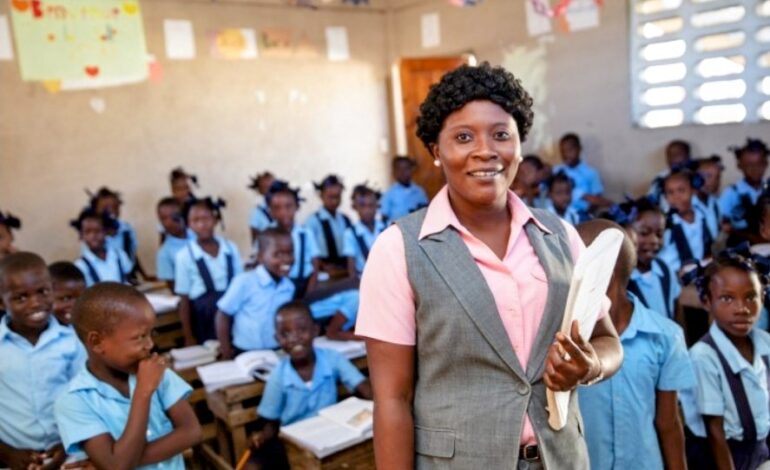
Avellon Williams
PORT-AU-PRINCE, HAITI – As part of the Global Partnership for Education, the World Bank’s board of executive directors has approved an additional grant funding of US$90 million to the Republic of Haiti for the Promoting a More Equitable, Sustainable and Safer Education Project (PROMESSE).
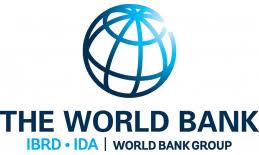
The project will benefit around 150,000 students, of whom about 69,000 are girls. At least 1,500 girls will benefit from targeted interventions through the project to help them stay in school and advance.
“The World Bank is committed to helping Haiti overcome the multi-faceted effects caused by political, social, and economic uncertainty, as well as the devastating effects of the 2021 earthquake,” said Laurent Msellati, World Bank Country Manager for Haiti.”
Adding, “An urgent need is a coordinated medium-term approach to transforming the Education sector, as the average Haitian student retains only 6.1 years of education when quality is adjusted.”
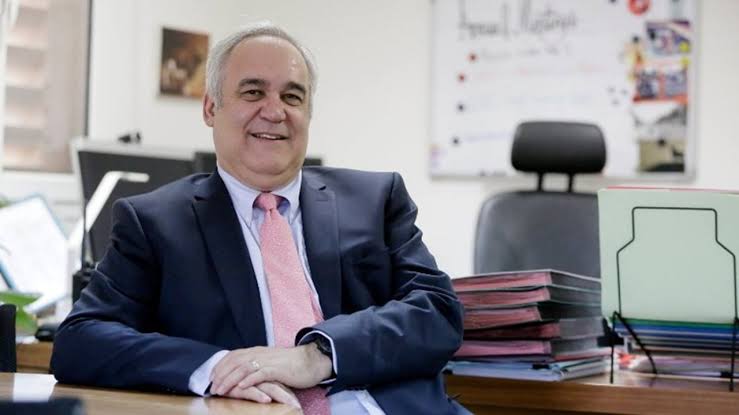
“This additional financing constitutes a further investment in human capital to support the government’s effort to improve learning outcomes by building a more equitable, modern, and resilient education system, as well as putting children back to school in the Southern Peninsula affected last year by the Earthquake.”
In addition to the US$90 million grant from the International Development Association (IDA), an additional US$40 million grant will be provided through their Crisis Response Window (CRW) that will enable schooling to continue in areas affected by the August 2021 earthquake.
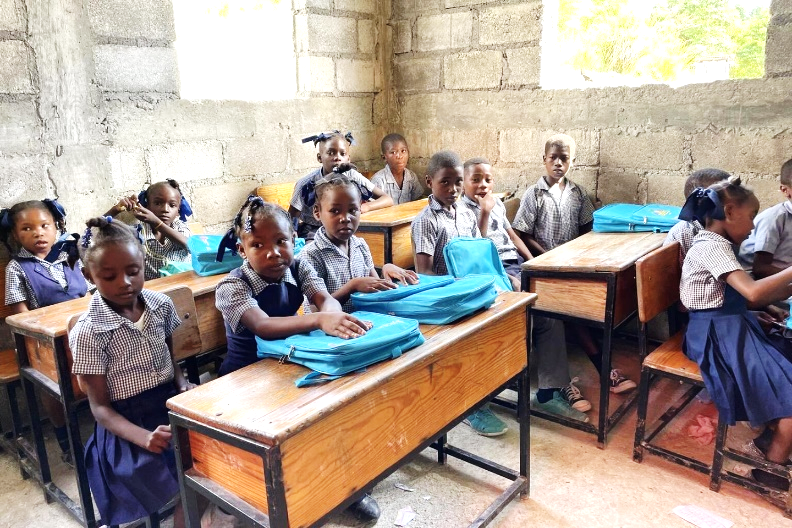
The funds will be used to reconstruct and rehabilitate school infrastructure and to provide nutritional support and improved learning conditions for the children.
As part of the project, 262 public schools will receive grants to support their operations, kits with teaching and learning materials, training and support for teachers, and early grade reading support.
A results-based tuition waiver financing mechanism will also increase access to 126 non-public primary schools and improve their teaching and learning environments.
Additionally, the AF will be used to improve infrastructure investment planning and upgrade permanent school infrastructure in the long term toincrease earthquake and climate change resilience.
The school infrastructure plans will emphasize gender sensitivity and accessibility for persons with disabilities, the planting of trees on school campuses to enhance water infiltration and natural shade and cooling, and the use of water-efficient technologies and renewable energy resources.
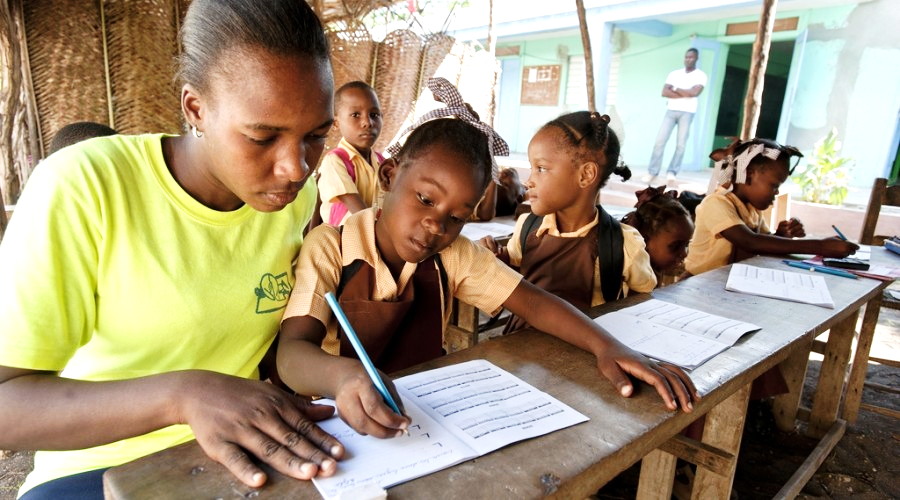
Known as Promoting an Efficient Education System in Haiti, this $15,6 million project was funded by the Global Partnership for Education to improve the Ministry of Education’s planning and regulatory functions as well as its learning assessment system.
The additional US$90 million will bring the total project amount to US$105.6 million and will build on the parent project’s efforts to boost the capacity of the Ministry at the central and departmental levels and to support data collection to support better decision-making. This is in synergy with the school-level supports mentioned above.


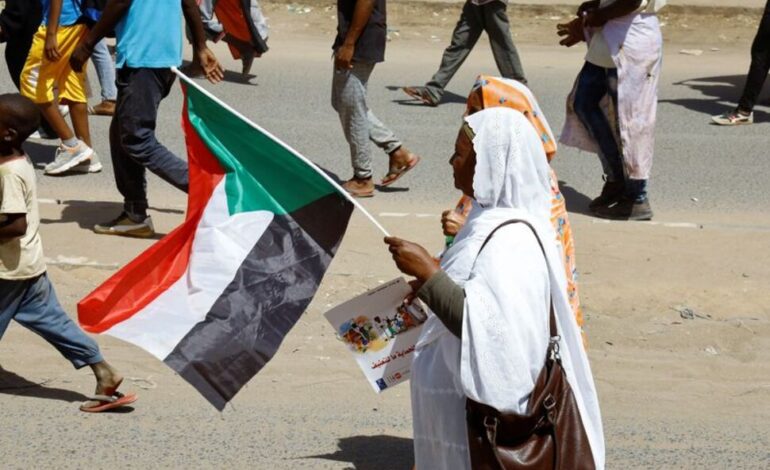


Recent Comments